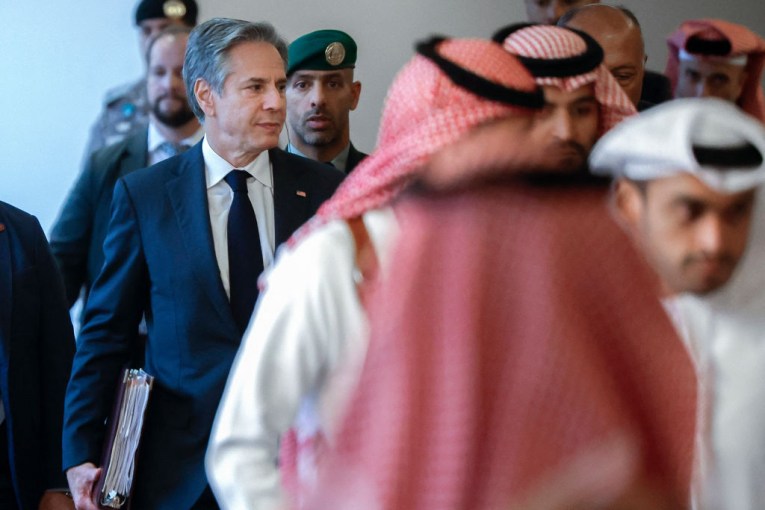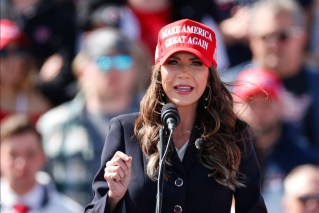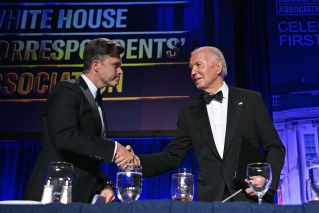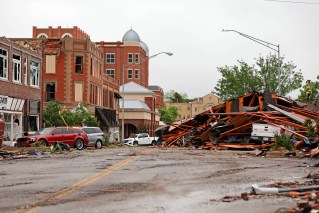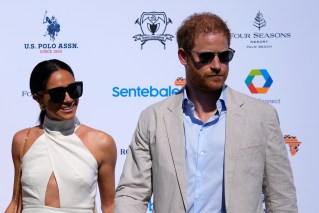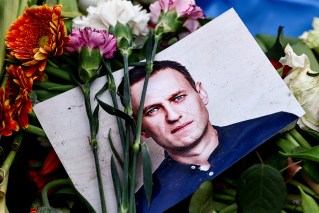Vice president’s car collection auctioned following money laundering case

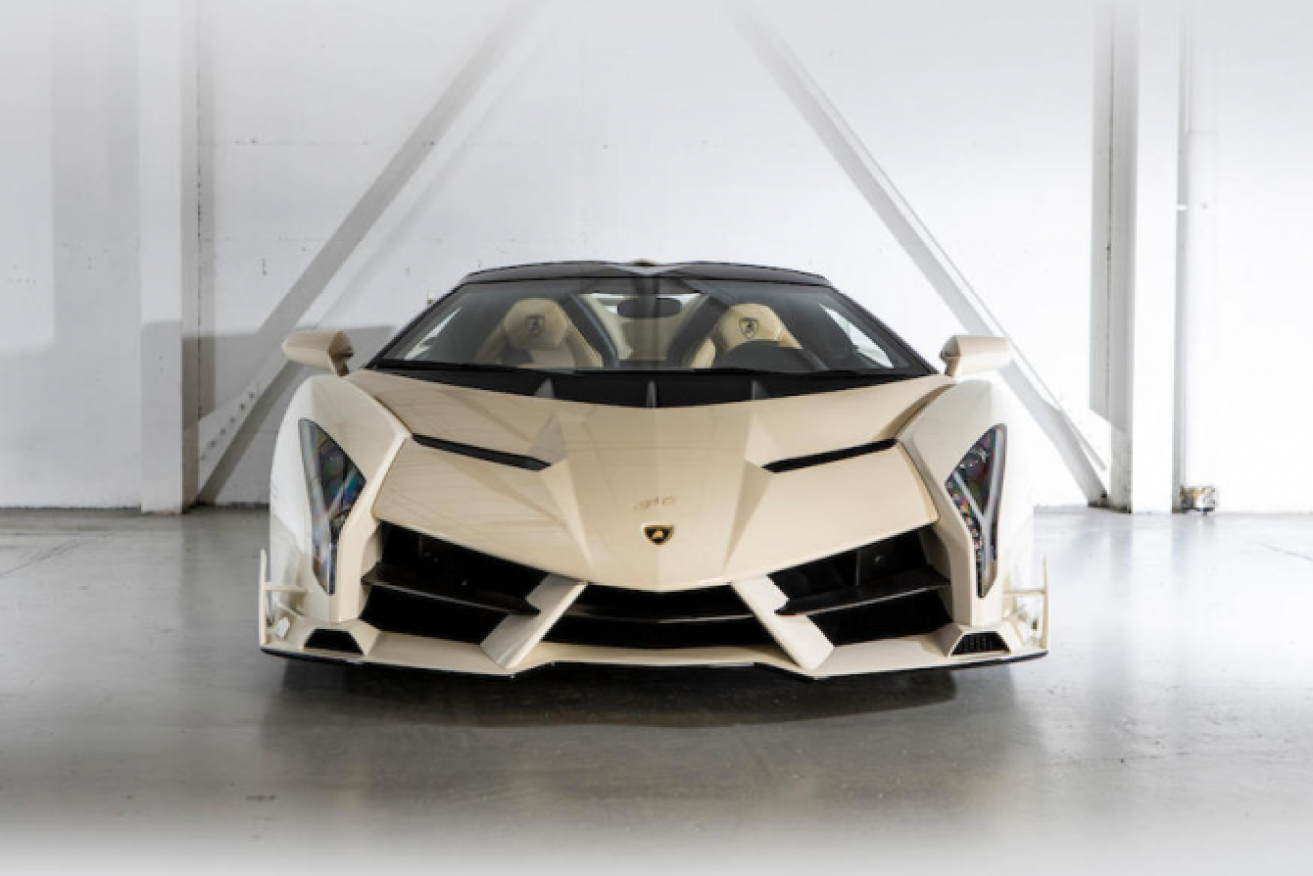
An incredibly rare 2014 Lamborghini Veneno Roadster was among the 25 cars auctioned off. Photo: Bonhams
More than twenty luxury sports cars seized from Equatorial Guinea vice president Teodoro Nguema Obiang Mangue have been sold at auction.
Several Ferraris, Lamborghinis, Porsches, McLaren’s and more went under the hammer following an investigation into Mr Obiang’s (sometimes known as Teodorin) involvement in money laundering and other corrupt activity.
The 25 cars sold for a cumulative 27 million swiss francs ($40.3 million), according to Reuters.
Among the luxury vehicles was a 2014 white Lamborghini Veneno Roadster, one of only nine built for the business’ 50th anniversary.
Bidding on the car was fierce, pushing the price up to 8.28 million francs ($12.36 million) – almost twice the initially predicted price.
Proceeds from the sale, managed by Bonhams, will be used to fund community programs back in Equatorial Guinea.
Corruption rife
Corruption within Equatorial Guinea is considered to be quite high under current president Teodoro Obiang Nguema Mbasogo – father of Mr Obiang – who assumed office in 1979.
Advocacy group Human Rights Watch said the African nation is “mired in corruption, poverty, and repression”.
“Vast oil revenues fund lavish lifestyles for the small elite surrounding the president, while most of the population lives in poverty,” the group said.
“The government regularly engages in torture and arbitrary detention. Journalists, civil society groups, and members of the political opposition face heavy government repression.”
The recent car sales followed an inquiry into money laundering and misuse of public assets led by the Geneva Prosecutor’s Office, which wrapped up in February.
Mr Obiang is no stranger to such charges either, having previously been forced to sell a home in Malibu and another Ferrari in a settlement with the US Department of Justice.
That settlement was part of the Obama Administration’s Kleptocarcy Asset Recovery program, and initially sought to reclaim more funds from Mr Obiang on the belief he was using his post as minister for forestry and agriculture to demand financial kickbacks.
